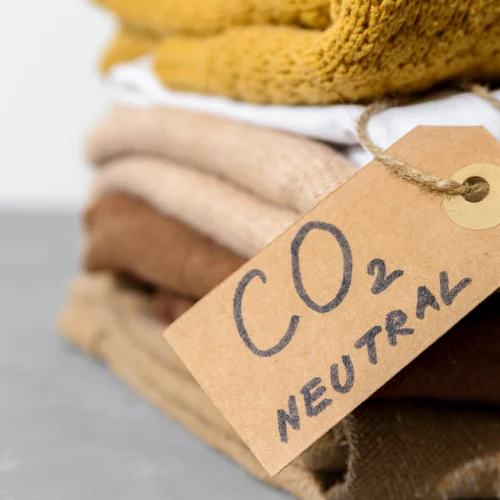Greenwashing is misleading information by an organization to present an environmentally responsible image to the public. In other words, lying about sustainability practices or impact.
In years past, the consequence of corporate greenwashing was consumer backlash resulting in negative publicity. This bad publicity might embarrass leaders and pressure them to change practices.
With global emphasis on Environmental, Social, and Governance (ESG), things have changed. Greenwashing is now being treated as fraud.
The days of not being held accountable for corporate ESG claims are coming to a swift end.
There were two noteworthy examples last year.
On May 31st, 2022, Deutsche Bank’s headquarters and DWS were raided by German prosecutors and police over greenwashing allegations: misleading investors about “green” investments. DWS is an asset management unit which Deutsche holds a majority stake in. DWS manages €928 billion euros in assets.
Regulators in both Germany and the United States first began investigating DWS in 2021 after the company’s former chief sustainability officer claimed that DWS misleadingly classified €459 billion in assets as ESG integrated in the company’s 2020 annual report.
The Frankfurt public prosecutors’ office stated “sufficient factual evidence has emerged that, contrary to the statements made in the sales prospectuses of DWS funds, ESG factors were not taken into account at all in a large number of investments.” They also stated that the raid was part of an investigation into potential prospectus fraud.
The day after the raid, DWS CEO Asoka Wöhrmann announced he would step down.
FIFA was also accused of greenwashing the 2022 World Cup, after claims that the tournament hosted by Qatar would be carbon neutral.
A report by Carbon Market Watch estimates the true emissions for the six new stadiums were being underestimated by a factor of eight. Environmental groups in multiple countries filed complaints which led to investigations into false advertising in Switzerland where FIFA is based.
What does this increased scrutiny on ESG claims mean?
If you mislead the public you will be found out, and the consequences of doing so are growing more severe than just bad PR. As a company reporting on ESG, it’s imperative to establish measures, controls, and processes that ensure transparent and honest reporting.
If you’d like to learn more about how to develop a robust ESG strategy, email me.




